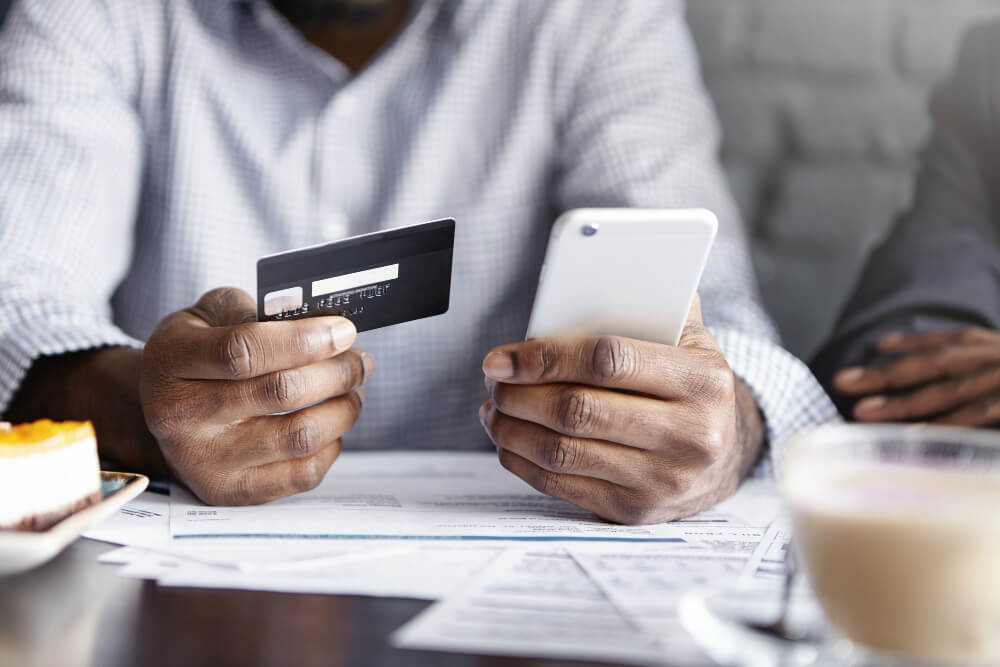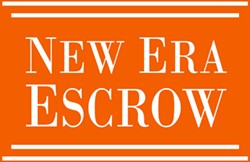
Table of Contents
ToggleHow to Ensure Your Money Is Actually Escrowed
Let us first understand what Escrow is and how a Fake escrow takes place. Also, in this article are some tips on how to spot a fake escrow company.
An escrow is a legal concept describing a financial agreement whereby a third party holds an asset or money on behalf of two other parties completing a transaction. Escrow may involve internet transactions, banking, intellectual property, real estate, mergers and acquisitions, law, and more.
An escrow agent manages escrow accounts. An Escrow agent releases the assets or funds only upon fulfilling predetermined contractual obligations or, in some cases, receiving authorized and appropriate instructions. Money, securities, funds, and other investments can all be in Escrow.
Considering that you own a company that sells internationally. Your company requires assurance that you will receive payment when the shipping is completed. And on the buyer’s side, they are prepared to pay you for the goods only if they arrive in good condition and according to schedule.
The buyer can place the supposed payment in Escrow with an agent with specific instructions to release the funds to the seller once the goods arrive in a suitable state. This way, both parties are protected from fraud, and the transaction can proceed.
But in this fast phase era and digitalization age, even in banking and finance, we should be aware that these virtual transactions may also be susceptible to fake escrows.
As is typical in online fraud, the Escrow fraud scammer convinces the victim to go outside the auction site or item listing company. The scammer will request the use of a third-party escrow service to facilitate the exchange of money and merchandise. The victim is unaware that the scammer has created a fake site that closely resembles a legitimate escrow service. The victim signs up with the phony escrow service, sends payment to the service, and receives nothing in return. Or, the victim ships the merchandise to the subject and waits for their revenue through the escrow site, which will never be received because it is not a legitimate service.
Imagine working through the grinding process of home buying — a vision of you holding the keys of the front door with keys jingling in your pocket when a cyber thief snatches the hard-earned money you have in an escrow fraud.
And the worst part is: there’s probably nothing you can do about it. That hard-earned money is likely gone for good. To some, this could be a loss of a few thousand to a few hundred thousand dollars, depending on the terms of your contract. Most sellers require between 1 and 5 percent of the cost of the house to be put in Escrow when the contract is signed.
How do you spot a fake escrow company?
1. Payment transactions through websites and other platforms.

Be cautious when your escrow agent specifies that payment transactions must be made through particular sites rather than online banking transfers to verified bank accounts. Take this as a sign of a “fake escrow agent strategy.” This will also serve as your cue to thoroughly run through the website. Take note: anyone can create a website, even bogus escrow agents.
2. Contact their customer service.
Fake escrow websites are designed in a rush, meaning there is a high chance that certain vital information will be missing, or these websites are established with fraudulent information. One of the ways you can spot a fraudulent escrow website is to try reaching their customer service number. If no one on the other end responds to you, that is a big red flag. An automated or generic message is also a strong indication of a fake escrow site. If the escrow website does not list any phone number or address, there is no need to deal with them in the first place, and it is a bogus escrow site.
3. Scrutinize posted endorsements.

With the innovations in technology and loose regulations in copyright, one must be meticulous enough to check on the integrity of the photo of endorsement embedded on a fake escrow website.
It is therefore essential to check on all of the published endorsements and credentials on an escrow website before establishing trust and connections. Check for accreditation seals like TRUSTe, VeriSign Secure, and Better Business Bureau on the website, and check their authenticity. You may contact the listed licensing authority and confirm with them if the escrow company is registered and verified. They may also have a list of fake escrow sites or bogus escrow agents. It is imperative to check when the domain of the escrow site was registered. Fake escrow websites will claim they have existed for years – and only for you to discover that they are only a few days old.
4. Be mindful of the payment transaction.
A legitimate escrow company will always let you wire money to their account with an account number and a routing number. To be sure that an escrow company is not a fraud, ask your bank to tell you the transaction details. Consider it a fake escrow scheme when you are asked to pay money to an individual rather than a corporate identity or to make payment using a person-to-person money transfer.
5. Pay attention to details.

Fake escrow websites will often use a domain name similar to a real and existing one to outmaneuver their victims. Ensure you have entered the correct URL and landed on the right website. Be careful using companies that claim to be affiliated with another company. Always insist on using their own company. Fake escrow companies will always insist on using the “third party” link instead. Run. This is a fraud escrow.
6. Too much for "safe" and "secure."
Accordingly, when choosing a domain name, there are many ways scammers dip themselves into troubled waters. A white-glove eye could spot even the littlest suspicious detail. Note if there is too much emphasis placed on the words “safe” and “secure.” Some push their luck by including these words in their domain name, something like www.safe -escrow.com. The use of a dash or any other special characters in the domain name of an escrow company may also be suspicious.
Also, as much as possible, avoid escrow sites that may end in the following extensions like: .org, .cc, .biz,.bz, .US, and .info. The safest site to use is Escrow.com for all your online transactions. Once an individual has recommended a fake escrow website, cease doing business with them. This may lead to escrow fraud.
According to experts, vigilance and knowledge are crucial to avoiding escrow fraud. Consumers and title companies need to be knowledgeable with the risks and take the proper steps as fake escrow agents prey on ignorance and hastiness.
If you want to look for BEST Real Estate Listings in LA you can checkout here: Pacific Playa Realty
